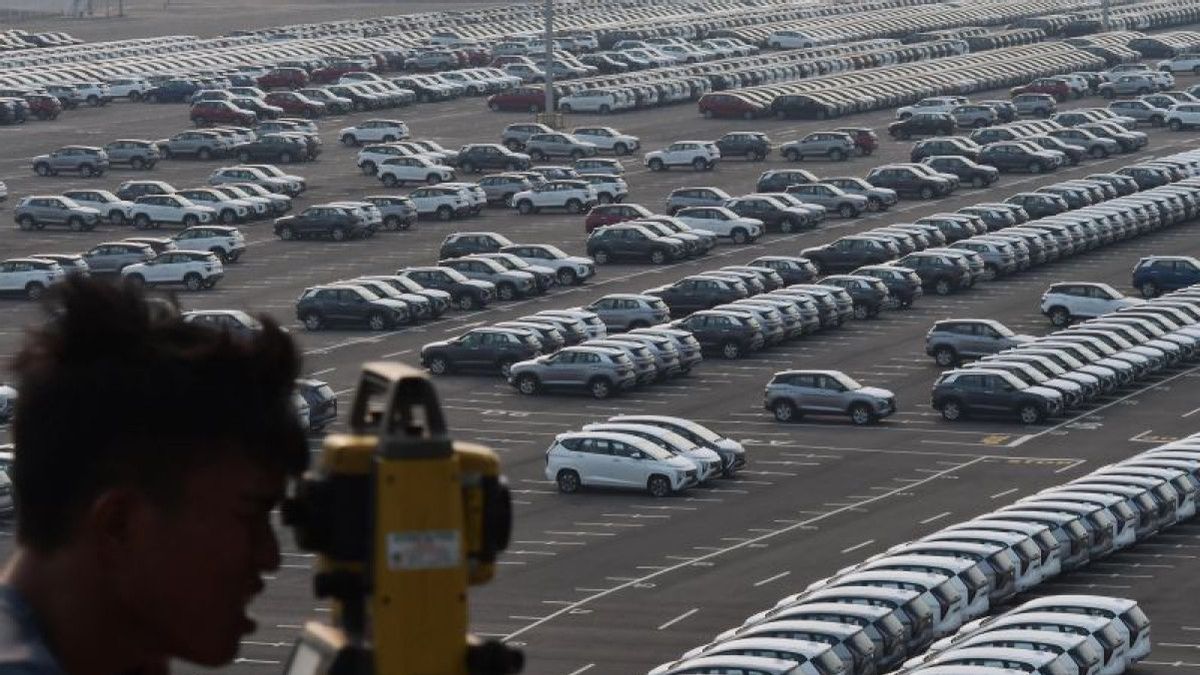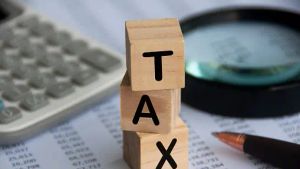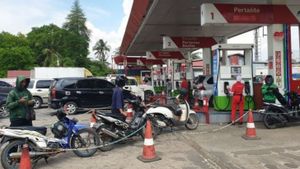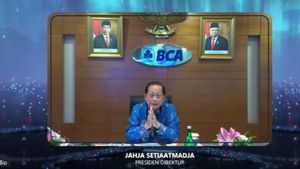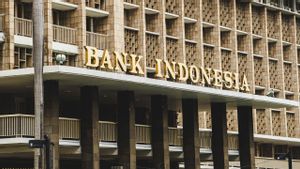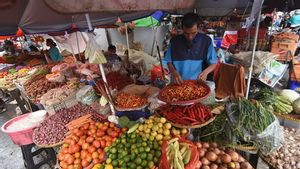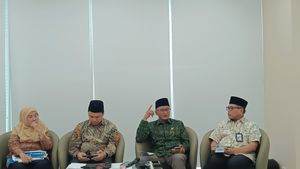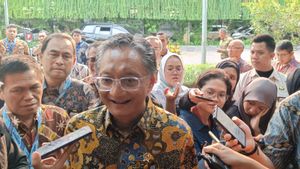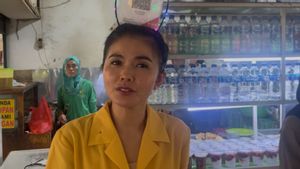JAKARTA - The Ministry of Energy and Mineral Resources (ESDM) through the Director General of Oil and Gas (Migas) Tutuka Ariadji requested that the policy of increasing motor vehicle fuel tax (PBBKB) be reviewed.
It is known that the DKI Jakarta Provincial Government has set an increase in the PBBKB tariff by 10 percent as stated in the DKI Jakarta Regional Regulation (Perda) No.1/2024 concerning Regional Taxes and Regional Retribution.
Tutuka said that his party would send a letter to the Ministry of Finance and the Ministry of Home Affairs regarding the policy. This is because the policy concerns the oil and gas sector which also regulates the distribution of fuel.
"Because if the recommendation is postponed or not, we don't get there. But we will reveal the big impact. That must be considered in making decisions," said Tutuka, quoted on Wednesday, January 31.
Moreover, said Tutuka, the implementation of this policy has not been consulted with the Ministry of Energy and Mineral Resources as the technical ministry that oversees the oil and gas sector.
Tutuka said this policy would also have an impact on PT Pertamina (Pertamina) as a BUMN that handles fuel trading in the community.
"Technically there is a problem with commercial business entities. In social, because there is no socialization, there must be problems in society. There are also three problems in law. Those three," said Tutuka.
Regarding the impact on the community, Tutuka said there would be an impact because the amount of tax for private vehicles and public transportation was different in size.
SEE ALSO:
"I reiterate that there are technical problems in its implementation, because it is different between individuals and the public interest, if it is different, it means that it is distinguished at the gas station in the dispenser," said Tutuka.
With the decision made, Pertamina and other business entities need to prepare different dispensers even though the policy has not been socialized.
Tutuka also pays special attention to issues regarding the status or definition of taxpayers and taxpayers in the new regulation.
"Who is called a taxpayer, the definition must be clear, if for example for producers or importers, for example in the East Kalimantan area it can be problematic, it doesn't have a refinery, it can be a problem too," concluded Tutuka.
The English, Chinese, Japanese, Arabic, and French versions are automatically generated by the AI. So there may still be inaccuracies in translating, please always see Indonesian as our main language. (system supported by DigitalSiber.id)
